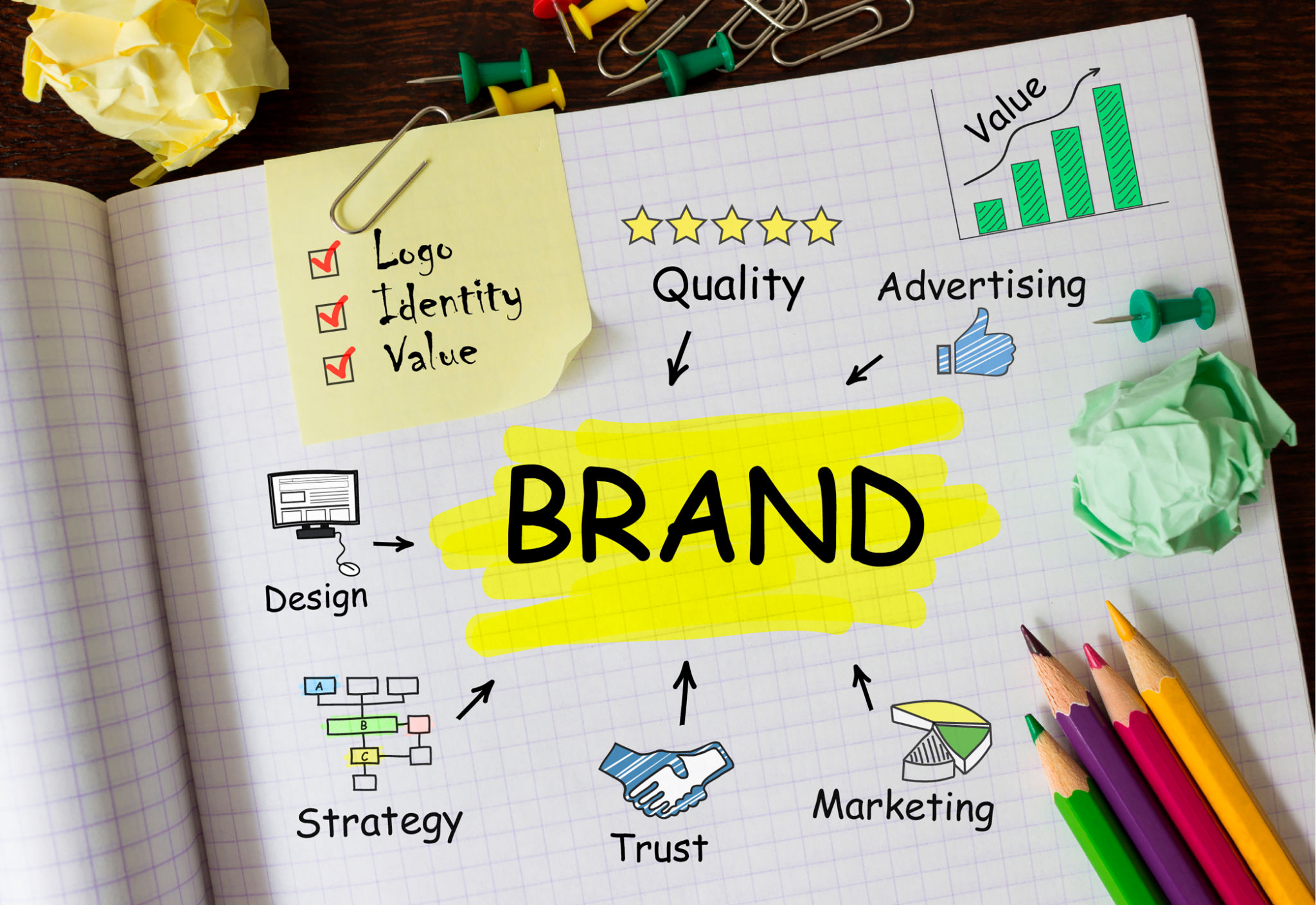Fashion Week Retail Assessments: Ensuring Boutique Excellence During High-Pressure Events
ZP
Understanding the Importance of Fashion Week for Boutiques
Fashion Week is not just a series of runway shows; it is a bustling event that sets the tone for the upcoming fashion season. For boutiques, these high-pressure events present both opportunities and challenges. The influx of fashion enthusiasts, industry professionals, and potential buyers means that boutiques must be ready to capitalize on increased foot traffic while ensuring their operations run smoothly.
During Fashion Week, boutiques have the unique opportunity to showcase their latest collections and connect with a wider audience. However, achieving excellence during these events requires meticulous planning and execution. From managing inventory to enhancing customer service, every aspect of the retail experience must be optimized.

Pre-Event Preparation: Setting the Stage for Success
Preparation is key to ensuring boutique excellence during Fashion Week. Before the event, boutiques should conduct a thorough assessment of their current operations. This includes reviewing inventory levels, staffing needs, and merchandising strategies. A well-organized inventory ensures that popular items are readily available, minimizing the risk of stockouts during peak times.
Staff training also plays a critical role in pre-event preparation. Employees should be well-versed in the latest collections and equipped to provide exceptional customer service. Consider holding training sessions focused on product knowledge, sales techniques, and customer engagement strategies.
Enhancing Visual Merchandising
Visual merchandising is a powerful tool for attracting customers during Fashion Week. Boutiques should focus on creating eye-catching displays that highlight key pieces from their collections. The integration of seasonal themes or trending colors can further enhance visual appeal and draw in potential buyers.

In-Event Strategies: Navigating High-Pressure Environments
Once Fashion Week is underway, boutiques must be agile and responsive to the dynamic environment. One effective strategy is to implement a real-time feedback system, allowing staff to quickly address customer concerns and adjust their approach as needed. This proactive approach ensures a consistently high level of service throughout the event.
Additionally, boutiques should consider leveraging technology to streamline operations. Mobile point-of-sale systems, for example, can speed up transactions and reduce wait times, enhancing the overall customer experience. Offering seamless payment options can also encourage impulse purchases, contributing to increased sales.

Engaging with Customers
Engagement is crucial during Fashion Week as it fosters a connection between the boutique and its clientele. Hosting in-store events such as fashion shows or designer meet-and-greets can create buzz and draw in crowds. These events offer customers a unique experience and an opportunity to interact directly with the brand.
Social media engagement is equally important. Live updates, behind-the-scenes content, and exclusive promotions shared across platforms can extend the boutique's reach and attract online followers to visit in person.
Post-Event Assessment: Learning and Improving
After the event concludes, boutiques should conduct a comprehensive post-event assessment. This involves analyzing sales data, customer feedback, and staff performance to identify areas of success and opportunities for improvement. Understanding what worked well and what didn't can inform future strategies and enhance readiness for upcoming events.
Finally, maintaining relationships with new customers acquired during Fashion Week is vital for long-term success. Implementing follow-up strategies such as personalized thank-you notes or exclusive offers can help turn one-time visitors into loyal patrons.
